The INDIA Bloc parties, led by the Dravida Munnetra Kazhagam (DMK) and Congress Chief Ministers, have announced their boycott of the upcoming NITI Aayog meeting. This decision comes in response to what these parties describe as a “discriminatory” budget, which they argue marginalizes certain states and fails to address critical regional disparities.
The DMK and Congress have criticized the central government’s budgetary allocations as insufficient and inequitable. They allege that the budget overlooks the needs of states governed by opposition parties and neglects vital areas such as education, healthcare, and infrastructure. According to these parties, the central government’s fiscal policies exacerbate regional imbalances and undermine the principle of cooperative federalism.
The NITI Aayog, a policy think tank that aims to foster cooperative federalism through structured support for the states, has been a forum for dialogue between the central and state governments. However, the boycott signifies a significant escalation in tensions between the central administration and opposition-ruled states. The DMK, led by M.K. Stalin, and Congress Chief Ministers, including Ashok Gehlot of Rajasthan and Bhupesh Baghel of Chhattisgarh, have voiced their discontent openly. They assert that their states are being unfairly treated in the budget, which they believe does not align with the principles of equitable distribution of resources.
The central government has defended the budget as a comprehensive plan aimed at fostering national growth and development. Officials argue that the budget reflects a commitment to all states, with allocations designed to support various sectors. They emphasize that the financial support for infrastructure and welfare programs is broad-based and aimed at enhancing overall national prosperity.
The boycott by these prominent state leaders is not merely symbolic. It could impact the collaborative efforts that NITI Aayog seeks to promote, potentially hindering discussions on important policy issues. This action highlights ongoing tensions between state governments and the central administration, particularly around the distribution of resources and federal funding.
This development comes amid broader political dynamics, where regional parties and opposition groups are increasingly vocal about their grievances with central policies. The decision to boycott the NITI Aayog meeting may also influence other opposition-led states and parties, potentially leading to a wider consensus on demanding a more equitable federal fiscal framework.
The planned boycott by the DMK and Congress Chief Ministers represents a significant challenge to the central government’s budgetary approach and highlights the growing discontent among opposition-ruled states. As these parties stand firm in their position, the impact on national policy discussions and the functioning of NITI Aayog remains to be seen.
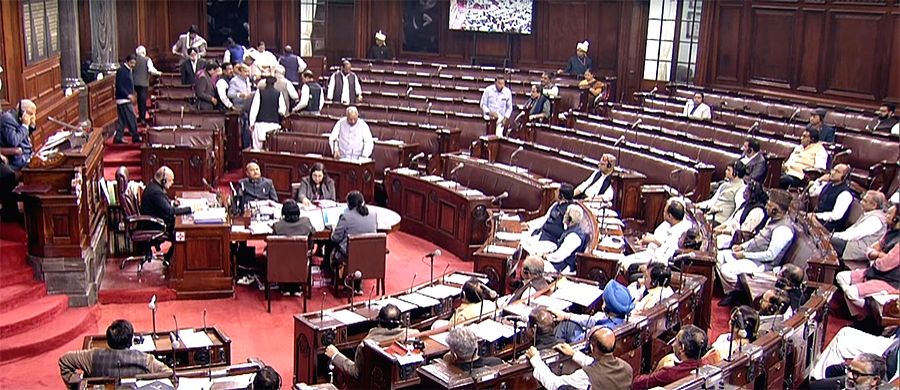
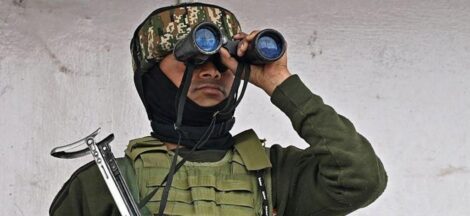
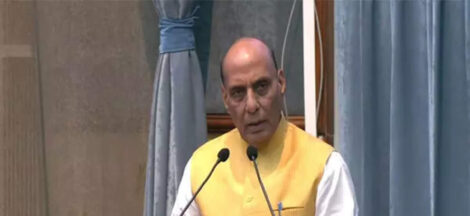
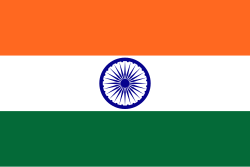
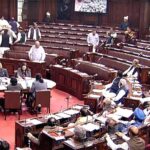 Opposition MPs Stage Walkout Over Budget Controversy
Opposition MPs Stage Walkout Over Budget Controversy 